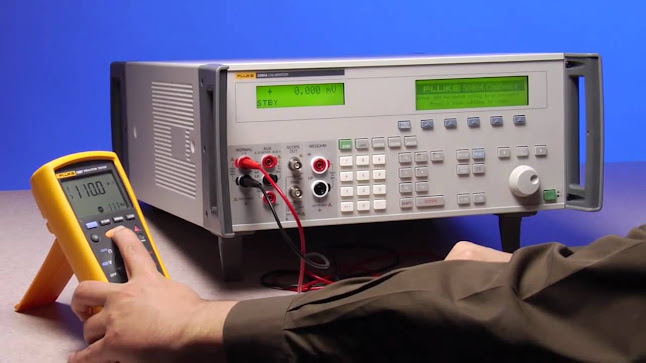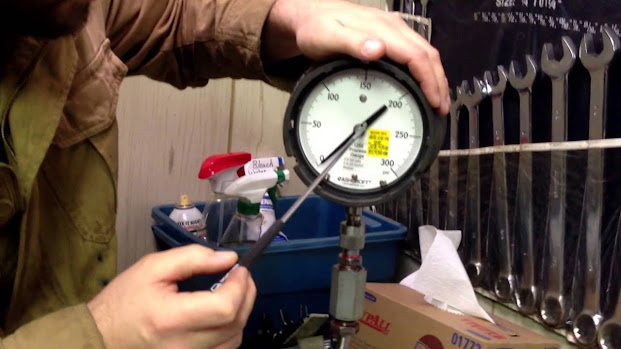Electrical Automation - Solutions for Your Manufacturing Business

Are you looking for ways to improve efficiency and productivity in your manufacturing business? If so, you may want to consider electrical automation . Electrical automation offers a broad range of solutions for industrial and electrical manufacturing businesses, including automated assembly lines, robotic welding, and more. In this blog post, we'll take a closer look at electrical automation and how it can benefit your business. Keep reading to learn more! What is Electrical Automation? Electrical automation offers a method for remotely controlling one or more electrical appliances or equipment. The commands can be transmitted, for instance, by a remote control, an electronic circuit, a physical switch on an electrical equipment, or computer software. Why Do You Need Electrical Automation? Electrical automation is an important part of any manufacturing business. It can help you improve your product quality and increase productivity. However, if you don’t have the right




